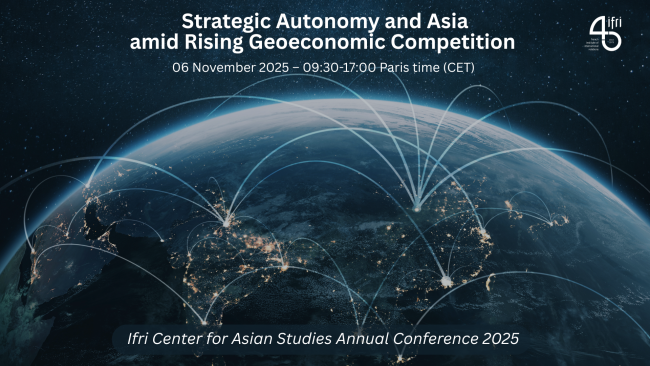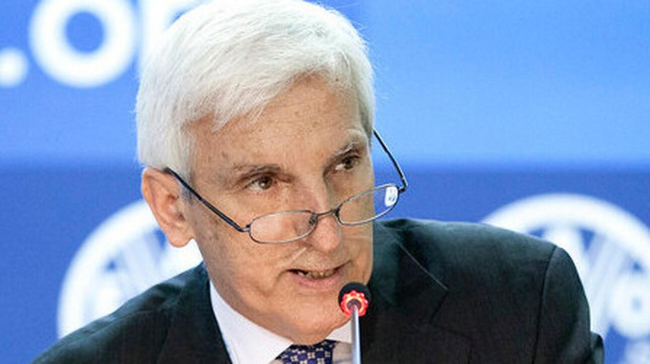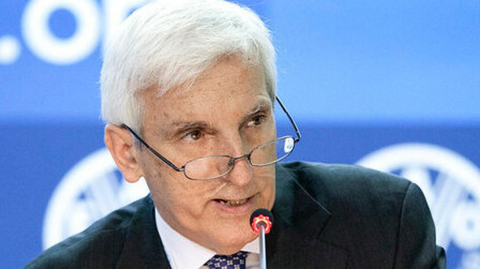
Practical information
The striking rise in the arrivals of refugees and migrants in 2015 shed light on many shortcomings in offering a shared vision of the right of asylum in Europe. If Europe has a longstanding and rich history of migration that has contributed to shape the continent, the memory of this history is hardly ever mentioned in the debates concerning asylum and migration today.

We can observe at least three ways in which history tend to "disappear" in the actual debates concerning refugees in Europe:
- the past is either absent because it is unknown (so it looks as if we have never dealt with refugees before...);
- the past is put in a “quasi-historical” perspective, reducing history to an unequivocal national tradition that would have always existed (for example “tolerance” in the Netherlands since Spinoza, or “asylum” in France since the French Revolution, etc.);
- migrants are urged to leave history home.
The conference will look into ways to “do justice” to history in political and scientific debates, from a cross-national comparative perspective with contributions on the situation of Britain, France, Greece, Hungary, and the Netherlands.
With Christophe Bertossi (director of the Centre for Migrations and Citizenship, IFRI) - Yannick Coeders (MSc, PhD candidate, University of Amsterdam) – Tibor Dessewffy (professor, ELTE) – Jan Willem Duyvendak (distinguished professor at the University of Amsterdam) – Michael Ignatieff (president of the Central European University) – Éva Judit Kovács (professor, Centre for Social Sciences, Hungarian Academy of Sciences) – Maria Kovàcs (professor, Central European University) – Georgios Kritikos (associate professor, Harokopio University) – Malachi MacIntosh (Runnymede Trust) – Zsofia Nagy (assistant lecturer, ELTE) – Andrea Petho (professor, Central European University, Budapest).
This conference is organized by the Ifri in partnership with the Central European University. It is part of the project “Memory and Migration in Europe” of the IFRI, the University of Amsterdam, the University of Warwick, the Calouste Gulbenkian Foundation, and the French network of institutes for advanced study, with the support of the “Europe for Citizens” programme of the European Union.
Migration and the New Politics of Nativism: Europe-US Compared
Other events

Strategic Autonomy and Asia amid Rising Geoeconomic Competition
Amid growing strategic and geopolitical uncertainty, Europe is grappling with the notion of its strategic autonomy. For Europe’s partners in Asia, the concept is also becoming increasingly salient as the world enters an era of structural transformation.

Europe’s Southern Courtyard and Southeastern Neighborhood: The Greek Perspective
Greece stands at the crossroads of Europe’s southern flank, the Balkans, and the Eastern Mediterranean, a pivotal position for regional security and stability.

Navigating the Taiwan Strait Tensions: Perspectives from Japan, the Philippines, and France
As tensions continue to rise in the Taiwan Strait and discussions grow about hybrid frictions potentially escalating into a kinetic conflict in the coming years, neighboring countries are bracing for impact. Japan and the Philippines would be on the front lines if a crisis were to erupt in the Taiwan Strait.









